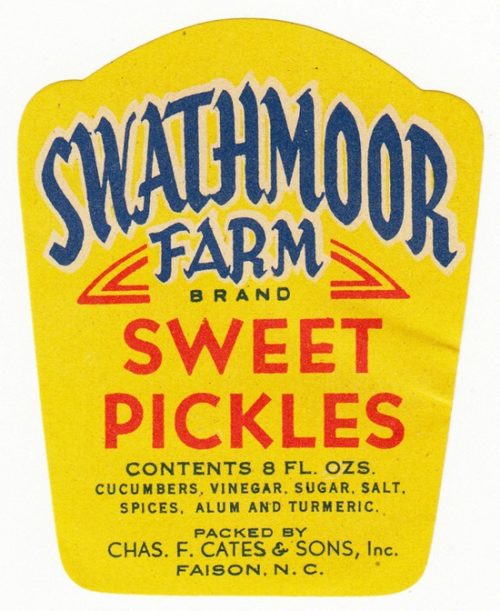“Grey-haired John Sprunt Hill rose from his desk in the Senate chamber at Raleigh, hunched his venerable shoulders and sang out loud & clear: ‘Chickadee, chickadee, chickadee-dee-dee.’
“No sudden madness had gripped the distinguished Senator…. North Carolina was one of only five States without an official bird. Winner of a Statewide newspaper poll had been the Carolina chickadee, and the State Federation of Women’s Clubs asked the Legislature to elect the chickadee.
“Senator George McNeill of Fayetteville trooped over to the State museum, brought back a stuffed chickadee to enlighten his urban colleagues. Someone told Salisbury’s veteran Representative Walter Pete Murphy that the chickadee eats insects. ‘For God’s sake,’ cried he, ‘don’t turn the chickadee loose on this House.’
“When legislative wit had run its course both houses conferred official status upon the chickadee. Then it was the State’s turn to have fun. The chickadee is a member of the titmouse family. Editors remembered ‘Little Tommy Tittlemouse’ who ‘lived in a little house,’ began to refer to the ‘Tomtit Legislature.’ Clubs and societies stirred uneasily at the prospect of North Carolina’s becoming known as the ‘tomtit State.’
“The legislators withstood the waggish barrage for ten days. Then another bill was quietly introduced. With no voice raised in opposition, North Carolina’s Senate & House last week repealed the chickadee.”
— Time magazine, May 29, 1933
Hill was more successful, of course, in his munificent advocacy of the North Carolina Collection.

